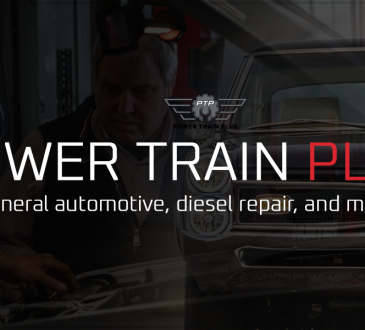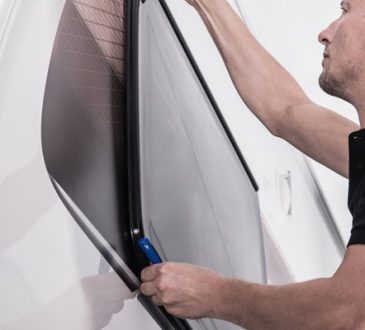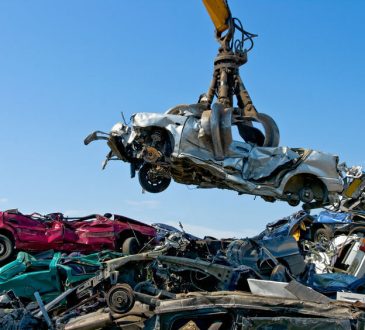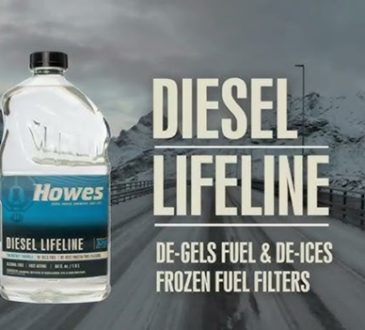How Singapore’s Top Automotive Manufacturers Choose Their Preferred Supplier for Automotive Parts

Becoming a preferred supplier for automotive parts in Singapore’s competitive market requires more than simply offering competitive prices—it demands unwavering commitment to quality, reliability, and innovation. As Singapore’s automotive market experiences robust growth, with 43,022 units sold in 2024 representing a remarkable 42.4% increase, the demand for trusted automotive component vendors has never been more critical.
In an industry where vehicle safety and performance are paramount, manufacturers cannot afford to compromise on supplier selection. The difference between a mediocre parts supplier and a premium automotive parts partner can determine whether a vehicle meets stringent international standards or fails catastrophically in the field.
The Evolution of Supplier Standards in Singapore’s Automotive Industry
Singapore’s automotive sector has matured significantly, with the Automotive Products market projected to grow by 1.49% (2024-2029), resulting in a market volume of US$3.9bn in 2029. This transformation reflects broader industry trends:
• Quality Standardisation: Implementation of international standards like IATF 16949 and ISO 9001
• Supply Chain Integration: Seamless coordination between manufacturers and trusted automotive suppliers
• Technology Advancement: Digital systems enabling real-time performance monitoring
• Environmental Compliance: Adherence to increasingly stringent environmental regulations
• Risk Mitigation: Comprehensive supplier evaluation processes to prevent supply chain disruptions
This evolution has created a tiered system where only the most capable suppliers achieve preferred status with major automotive manufacturers.
Critical Criteria for Achieving Preferred Supplier Status
The evaluation of suppliers must take into account several key elements, including punctuality, average lead time, quality of the products delivered (relevant quality certificates like IATF) and payment terms. However, modern preferred automotive parts suppliers must excel across multiple dimensions:
Quality Assurance and Certification
Leading automotive manufacturers demand comprehensive quality management systems. ISO 9000 is used for assessing quality requirements, while ISO 14000 is a standard for environmental quality management. Suppliers seeking preferred status must demonstrate:
• IATF 16949 Certification: The gold standard for automotive quality management
• ISO 9001 Compliance: Fundamental quality management system certification
• ISO 14001 Environmental Standards: Demonstrating environmental responsibility
• Continuous Improvement Processes: Evidence of ongoing quality enhancement initiatives
• Robust Testing Protocols: Comprehensive component validation procedures
Operational Excellence
Singapore’s automotive manufacturers operate in a fast-paced environment requiring 24/7 supplier support:
• 24/7 Service Capability: Round-the-clock support for production requirements
• Financial Stability: Adequate resources to handle large-scale operations
• Scalable Capacity: Ability to accommodate fluctuating demand volumes
• Geographic Proximity: Strategic location for efficient logistics
• Technology Integration: Advanced ERP systems for seamless communication
The Singapore Advantage: Quality Infrastructure and Standards
Singapore’s commitment to quality creates an environment where leading auto parts suppliers can thrive. EnterpriseSG supports Singapore as a global trading hub by promoting an internationally recognised Quality & Standards ecosystem. This provides several advantages:
• International Recognition: Singapore standards are globally accepted and respected
• Technical Excellence: Access to advanced testing and certification facilities
• Regulatory Clarity: Clear guidelines for quality and environmental compliance
• Innovation Support: Government initiatives promoting technological advancement
• Skilled Workforce: Highly trained professionals supporting quality initiatives
Real-World Selection Process: Learning from Industry Leaders
Major automotive manufacturers employ sophisticated evaluation systems. Nissan’s Automotive-parts Supplier Evaluation Standard (ASES) classifies companies as A, B, C, or D, with only upper-ranked suppliers accepted.
This rigorous approach involves:
Stage 1: Initial Assessment
• Financial stability evaluation
• Technical capability review
• Quality system audit
• Manufacturing capacity analysis
Stage 2: Performance Monitoring
• Delivery performance tracking
• Quality metrics measurement
• Customer service evaluation
• Continuous improvement assessment
Stage 3: Strategic Partnership Development
• Long-term collaboration planning
• Joint improvement initiatives
• Technology sharing agreements
• nRisk management protocols
Market Dynamics Shaping Supplier Selection
Singapore’s automotive landscape presents unique considerations for supplier selection. With a vehicle unit sales share of 20.6% in 2024, Toyota is expected to have one of the highest market shares in the selected region. This market concentration creates specific requirements:
• Brand Alignment: Suppliers must understand specific manufacturer requirements
• Local Market Knowledge: Understanding Singapore’s regulatory environment
• Regional Capabilities: Serving broader Southeast Asian markets
• Innovation Focus: Supporting emerging technologies like electric vehicles
• Cost Competitiveness: Balancing quality with competitive pricing
The shift towards electric vehicles adds complexity, requiring suppliers to demonstrate expertise in new technologies whilst maintaining competence in traditional automotive systems.
Building Strategic Partnerships: Beyond Supplier Relationships
The most successful automotive component suppliers transcend traditional vendor relationships to become strategic partners. This evolution requires:
Collaborative Innovation
• Joint product development initiatives
• Shared research and development investments
• Technology transfer agreements
• Intellectual property collaboration
Risk Sharing
• Inventory management partnerships
• Quality assurance responsibilities
• Supply chain resilience planning
• Market expansion support
Continuous Improvement
• Regular performance reviews
• Process optimisation projects
• Cost reduction initiatives
• Quality enhancement programmes
Future Trends Influencing Supplier Selection
The automotive industry’s rapid evolution influences supplier selection criteria. Singapore Automotive Market size is estimated to grow by 18,191 actual units from 2023 to 2027 at a CAGR of 6%. This growth creates new opportunities for innovative suppliers:
• Electrification Requirements: Expertise in EV components and systems
• Digitalisation Capabilities: Integration with Industry 4.0 technologies
• Sustainability Focus: Environmental impact reduction and circular economy principles
• Autonomous Vehicle Preparation: Components supporting self-driving technologies
•n Connectivity Solutions: Parts enabling vehicle-to-everything communication
Conclusion: The Path to Preferred Partnership Status
Success in Singapore’s automotive supplier landscape requires a comprehensive approach combining technical excellence, operational reliability, and strategic vision. Manufacturers increasingly view their supplier relationships as competitive advantages, making preferred status both more valuable and more challenging to achieve.
The most successful suppliers understand that achieving preferred status is merely the beginning—maintaining that position requires continuous innovation, unwavering quality commitment, and proactive adaptation to industry changes. In Singapore’s dynamic automotive market, only those suppliers who consistently exceed expectations will secure their position as the preferred supplier for automotive parts.




